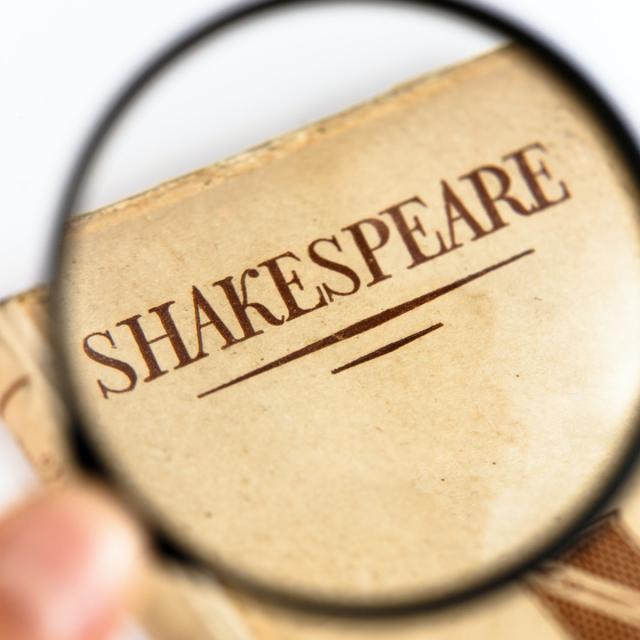MOOC List is learner-supported. When you buy through links on our site, we may earn an affiliate commission.

MOOC List is learner-supported. When you buy through links on our site, we may earn an affiliate commission.
For those of you interested in exploring the works of Shakespeare from a new angle, or just wanting to hone your analytical thinking skills, this course offers an introduction to a fascinating area of interest. Those of you already interested in the Shakespeare authorship question will be encouraged to question your own assumptions in fruitful ways. Whether undertaken as a standalone course, or as preparation for the University of London BA in English, this course will be food for thought.
Syllabus
Week 1
Understanding the Question
This week is a practical introduction to the Shakespeare authorship question, covering terms and concepts you will use and outlining the basic arguments for and against William Shakespeare’s authorship of the works attributed to him. You will learn a framework for understanding how a person’s perceptions (including your own) are shaped by pre-existing beliefs and assumptions and learn how this might impact your ability to interpret and assess literary and historical evidence. You will then be introduced to a key theory of the authorship question and to the first practical exercise in close-reading a relevant text.
Week 2
The Man and the Author
In this module we’ll look at questions of identity; chiefly at arguments that attempt to link William Shakspere the man to William Shakespeare the author – or to sever that link. The arguments surrounding “Hand D” in Sir Thomas More claim to establish a firm link between Shakspere and Shakespeare, and Shakespeare’s authorship of the “Hand D” pages is now being presented as fact, so it’s important to understand the evidence, arguments, and reasons for this attribution. You’ll look in detail at the non-Stratfordian argument that Shakespeare authorship doubt was first expressed within only four years after the first “Shakespeare” publication in the works of John Marston and Joseph Hall. You’ll consider some of the key Stratfordian and non-Stratfordian arguments related to William Shakspere’s coat of arms. And lastly, you’ll look critically at an important cornerstone of Shakespeare biography, Robert Greene’s reference to a plagiarising actor, the “upstart Crow”.
Week 3
The Evidence from Stratford-upon-Avon
In the module, you will look more deeply at the connection between Stratford-upon-Avon and Shakespeare, beginning with Shakespeare-related testimony from people who had a provable personal connection to Stratford-upon-Avon and Shakespeare: William Camden, Michael Drayton, Shakespeare's son-in-law, Dr John Hall, and Shakespeare’s daughters. You’ll consider the question of his daughters’ literacy, and whether has any bearing on the authorship question. You’ll look at what are claimed to be local Warwickshire references in the plays, which have been used to support the traditional authorship attribution. And finally, you’ll consider the monument erected to Shakespeare in Stratford’s Holy Trinity Church, arguments that it was altered in the 18th century, and the three texts engraved on that monument and the connected grave.
Week 4
The First Folio as Proof of Authorship
In this final module you’ll explore the key text supporting the traditional attribution of Shakespeare’s works: the 1623 First Folio of Shakespeare’s works. You will learn why the First Folio is a critically important text for those interested in the Shakespeare authorship question, and you will study in detail – applying the textual analysis skills you have developed so far - the texts included in its preface..
MOOC List is learner-supported. When you buy through links on our site, we may earn an affiliate commission.
MOOC List is learner-supported. When you buy through links on our site, we may earn an affiliate commission.
